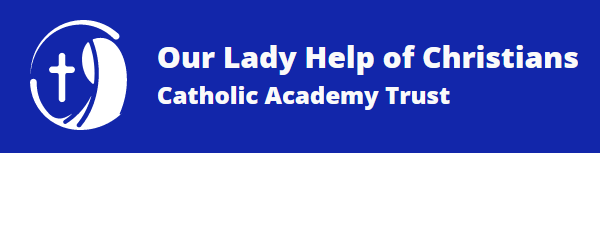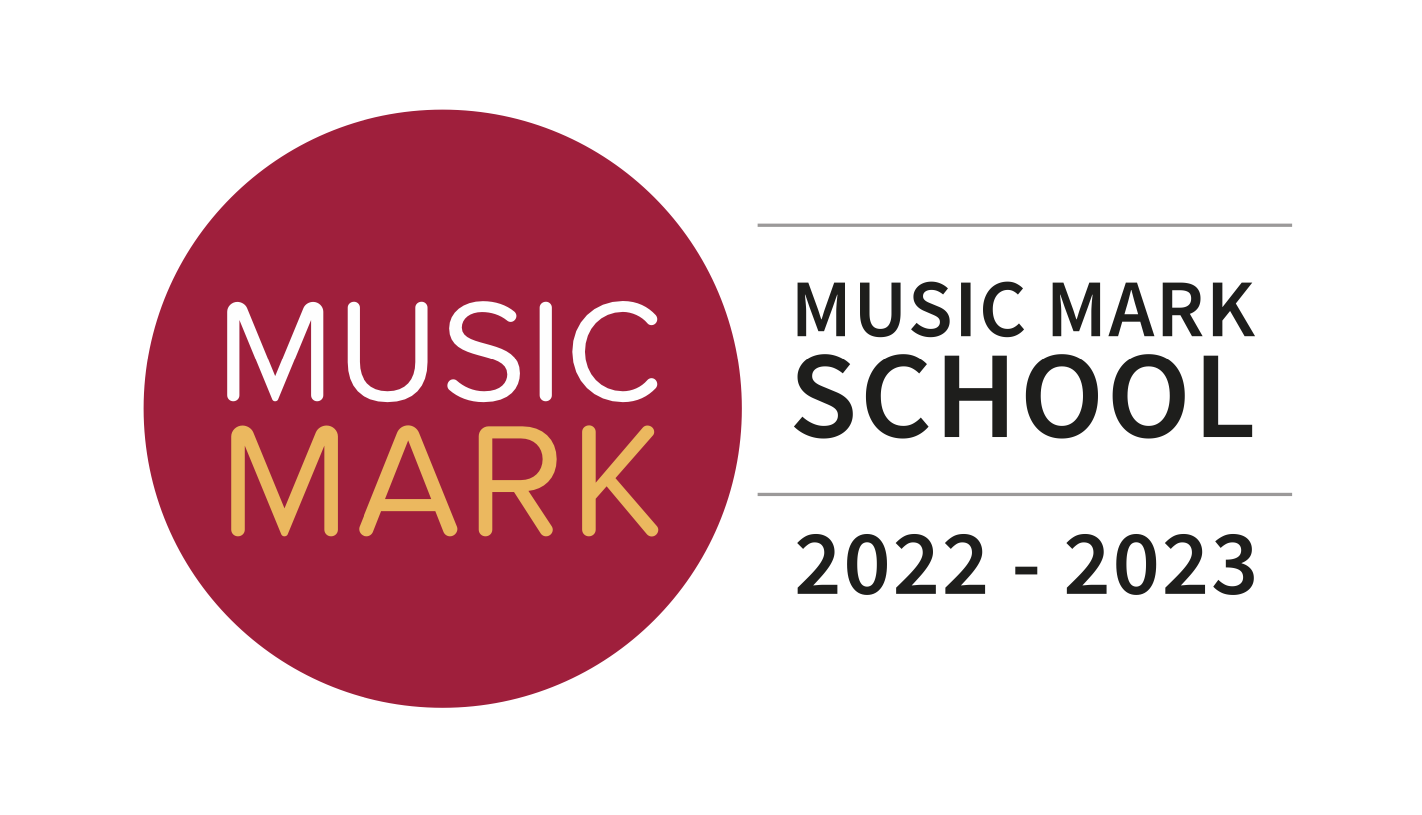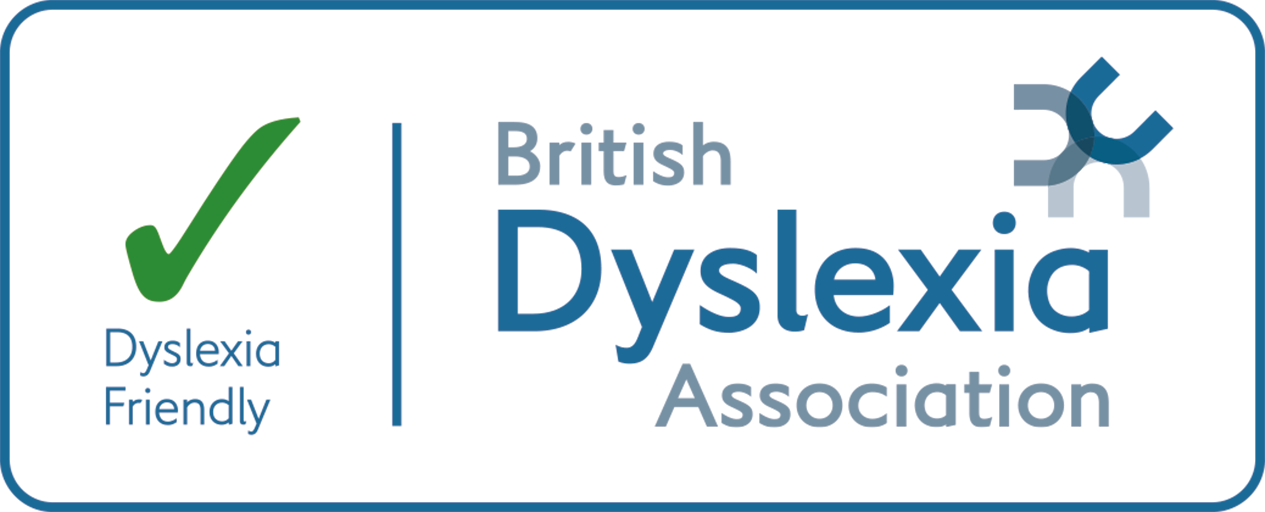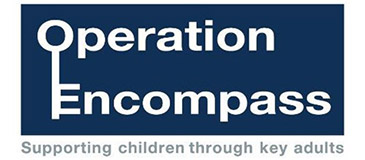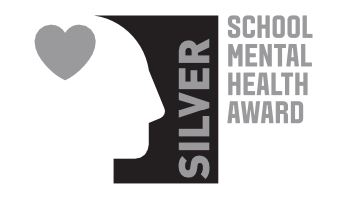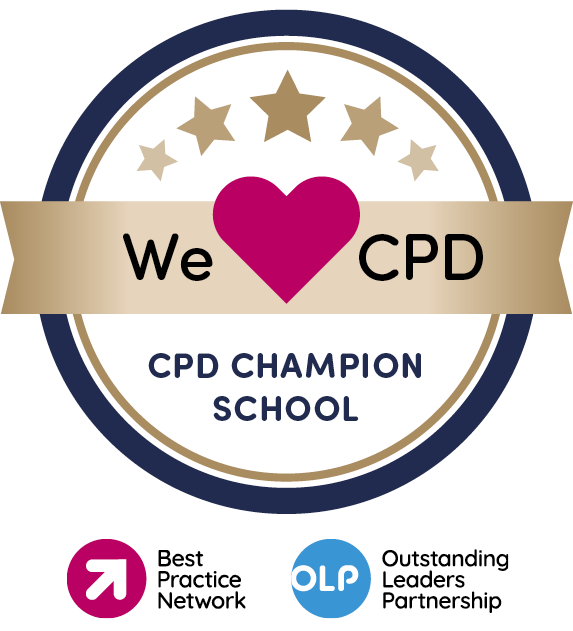Religious Education
Department Intent Statement
At Ellesmere Port Catholic High School, the outcome of excellent religious education is religiously literate and consciously engaged young people who have the knowledge, understanding, and skills – appropriate to their age and capacity – to reflect spiritually, and think ethically and theologically, and who recognise the demands of religious commitment in everyday life.
The aims of religious education are:
- To engage in a systematic study of the mystery of God, of the life and teaching of Jesus Christ, the teachings of the Church, the central beliefs that Catholics hold, the basis for them and the relationship between faith and life.
- To enable pupils continually to deepen their religious and theological understanding and be able to communicate this effectively.
- To present an authentic vision of the Church’s moral and social teaching to provide pupils with a sure guide for living and the tools to critically engage with contemporary culture and society.
- To give pupils an understanding of the religions and worldviews present in the world today and the skills to engage in respectful and fruitful dialogue with those whose worldviews differ from their own.
- To develop the critical faculties of pupils so to bring clarity to the relationship between faith and life, and between faith and culture.
- To stimulate pupils’ imagination and provoke a desire for personal meaning as revealed in the truth of the Catholic faith.
- To enable pupils to relate the knowledge gained through religious education to their understanding of other subjects in the curriculum
Key Stage 3 Intent Statement
At Key Stage 3 pupils follow a programme of study based on a model curriculum presented in the Religious Education Directory for Catholic Schools – ‘To know You more clearly’.
In year 7 pupils revisit some of the most important learning from their study of Catholicism in primary school. For those who have not attended Catholic primary school, this Key Stage presents the theological foundations that are the basis for understanding Catholicism.
The programme is studied in Curriculum branches with expected outcomes that correspond to the six half-terms of a school year. The curriculum is rooted in the narrative of salvation history and leads pupils on a journey in each year of schooling that gives a sequence to the learning. As they revisit each branch in each year of school they come to a deeper understanding of its significance for Catholic belief and practice, which allows them to make links between the four knowledge lenses of Hear, Believe, Celebrate and Live, within the context of the narrative of salvation history. The six curriculum branches are: creation and covenant, prophecy and promise, Galilee to Jerusalem, desert to garden, to the ends of the Earth, and dialogue and encounter.
Key Stage 4 Intent Statement
At Key Stage 4 all pupils study Edexcel Religious Studies GCSE Specification A.
The first area of study comprises an in-depth study of Catholic Christianity as a lived religion in the United Kingdom and throughout the world. There are four sections: Beliefs and Teachings; Practices; Sources of Wisdom and Authority; Forms of Expression and Ways of Life. Pupils will be expected to study Catholic Christianity within the context of the wider British society, the religious traditions of which are, in the main, Christian. They should also recognise that within Catholic Christianity there may be more than one perspective in the way beliefs and teachings are understood and expressed. Common and divergent views within the wider Christian tradition in the way beliefs and teachings are understood and expressed should be included throughout, including reference to Orthodox, Protestant and other Christian traditions. The significance and importance of the various beliefs and practices to Catholics today, should be explored throughout the four sections.
The second area of study also comprises an in-depth study of Judaism as a lived religion in the United Kingdom and throughout the world. There are two sections: Beliefs and Teachings; Practices. Pupils will be expected to study Judaism within the context of the wider British society, the religious traditions of which are, in the main, Christian. Pupils should also recognise that within Judaism there may be more than one perspective in the way beliefs and teachings are understood and expressed. Common and divergent views within Judaism in the way beliefs and teachings are understood and expressed should be included throughout including reference to Orthodox, Reform and Liberal traditions. The significance and importance of the various beliefs and practices to Jews today should be explored throughout the two sections.
The third area of study comprises an in-depth of aspects of Philosophy and Ethics in the context of Catholic Christianity as a lived religion within the United Kingdom and throughout the world. There are two sections: Arguments for the Existence of God; Religious Teachings on Relationships and Families in the 21st Century. The significance and importance of the various beliefs, issues and practices to Catholics today should be explored throughout the two sections. This should include reference to how the Bible informs a Christian’s understanding of the topics and how approaches to the issues are underpinned by philosophical arguments and ethical theory as applicable.
Pupils should recognise that Catholic Christianity is one of the many religions and world views in Great Britain, which include Buddhism, Hinduism, Islam, Judaism, Sikhism and non-religious views such as Humanism and atheism.
Key Stage 5 Intent Statement
Sixth Form General RE
Religious education is a statutory requirement for all registered students in Key Stage 5 who are registered in a Catholic school with a sixth form. RE courses broaden and enhance the curriculum by giving students the opportunity to consider a wide range of religious, philosophical, psychological, sociological and ethical issues and to develop their own codes of belief. Sixth form religious education is intended to support and recognise the achievements of all students at Key Stage 5. The flexible course of study promotes the religious imagination and the development of key skills. It provides for students with a variety of aptitudes, abilities and needs that may not be fully met through current AS and A level examination syllabuses and encourages all students to explore ways of communicating and presenting their knowledge and understanding of religion in a variety of media. In this way sixth form RE caters for and affirms a range of learning styles, individual interests and gifts and talents of students.
RE at post-16 gives due consideration to:
• breadth and balance of knowledge, understanding and skills
• differentiation to meet the needs and abilities of the full range of students;
• the spiritual and moral development of students;
• preparation for work and adult life
• progression and continuity from Key Stage 4 and through the sixth form
• challenge



